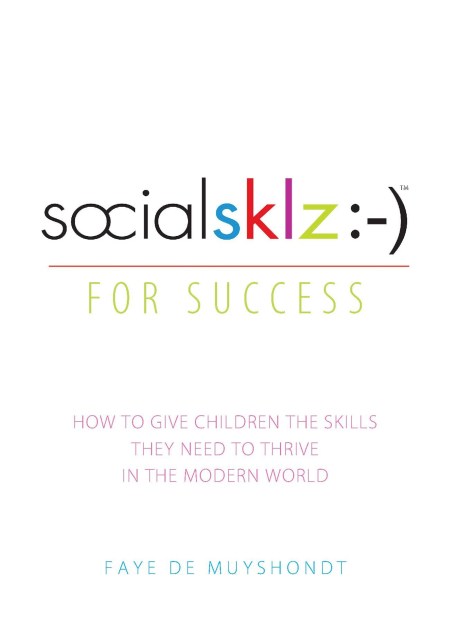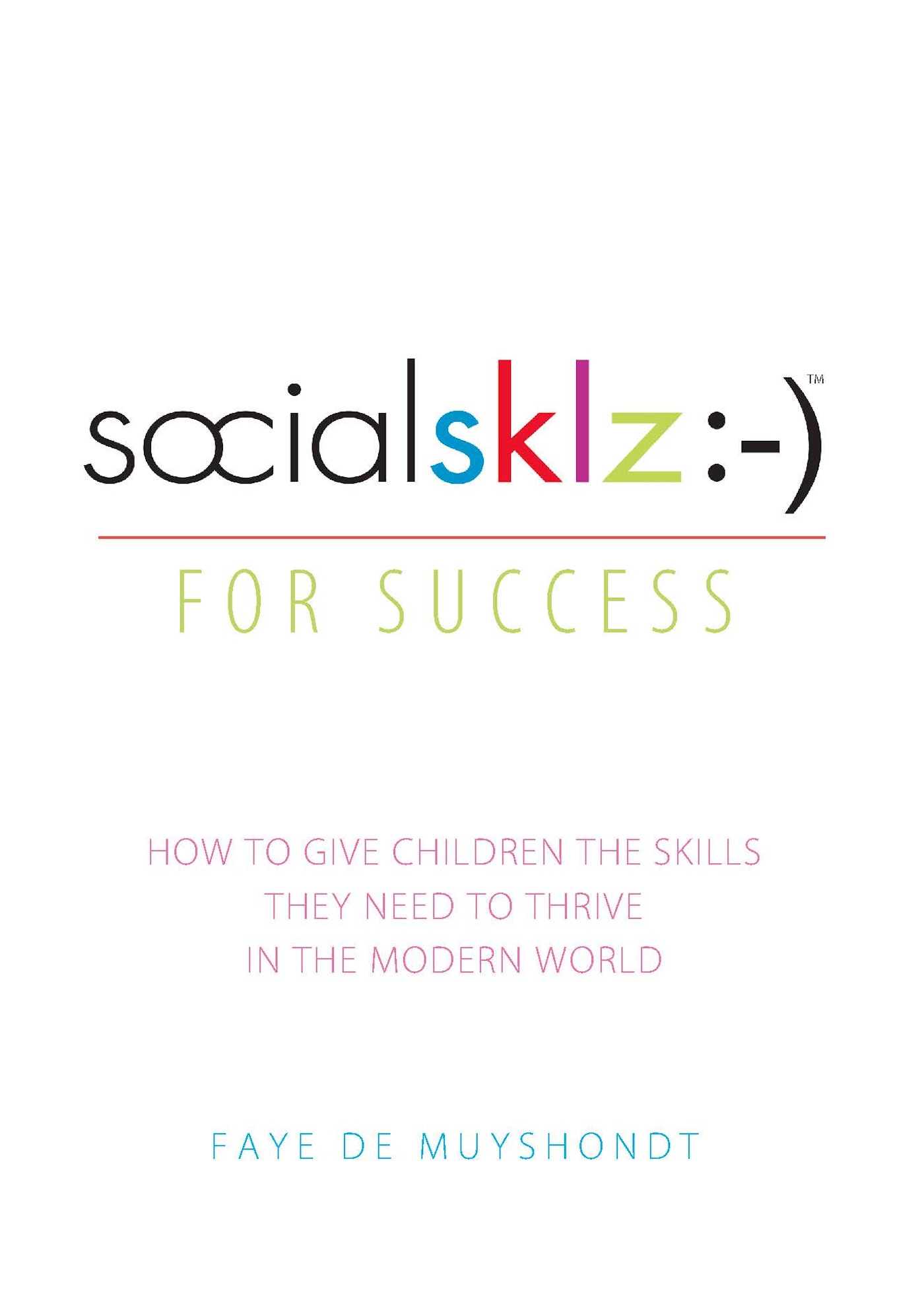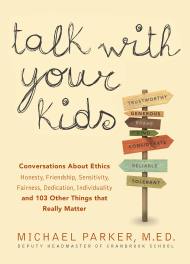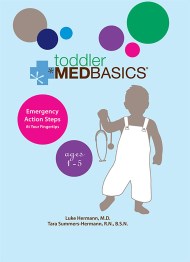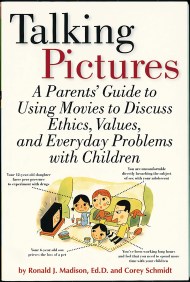By clicking “Accept,” you agree to the use of cookies and similar technologies on your device as set forth in our Cookie Policy and our Privacy Policy. Please note that certain cookies are essential for this website to function properly and do not require user consent to be deployed.
socialsklz :-) (Social Skills) for Success
How to Give Children the Skills They Need to Thrive in the Modern World
Contributors
Formats and Prices
- On Sale
- Jul 9, 2013
- Page Count
- 224 pages
- Publisher
- Running Press
- ISBN-13
- 9780762449347
Price
$9.99Price
$12.99 CADFormat
Format:
ebook $9.99 $12.99 CADThis item is a preorder. Your payment method will be charged immediately, and the product is expected to ship on or around July 9, 2013. This date is subject to change due to shipping delays beyond our control.
Buy from Other Retailers:
More and more studies attest to the same truths: the earlier children learn social skills, the better. Socially savvy kids score higher on achievement tests, and are overall more emotionally healthy. And who doesn’t want that for their child? Public relations expert Faye de Muyshondt makes it easy and fun for parents to teach communication, poise, and self-respect to any child aged 7 to 12: no nagging required!
Most children already know the basics: say “please” and “thank you;” don’t be gross at the dinner table; shake hands with others — they’re popular topics in other “manners” books. But there are so many other skills unique to citizens of the “digital age” that your children need.
socialsklz= Thoughtfulness, Internet savvy, Conversationsklz:-), Gratitude, Independence.
This revolutionary book will help you teach those essential lessons and more, giving your child a leg up on a successful future.
Newsletter Signup
By clicking ‘Sign Up,’ I acknowledge that I have read and agree to Hachette Book Group’s Privacy Policy and Terms of Use
